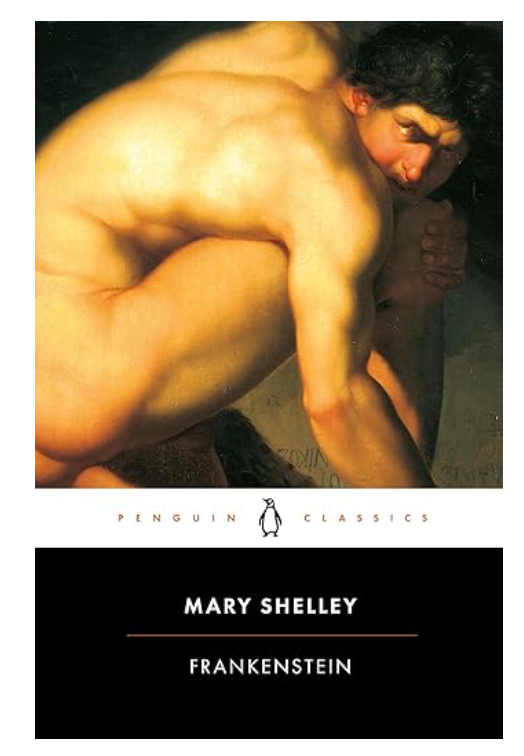1984 by George Orwell
- Caroline Hamar

- Mar 26, 2025
- 3 min read
In a world where surveillance cameras track our every move and smartphones monitor our daily lives, George Orwell's prophetic masterpiece 'Nineteen Eighty-Four' feels less like fiction and more like a warning from history - one that becomes more chillingly relevant with each passing year. Terms like "Big Brother," "thoughtcrime," and "Orwellian" have become part of our collective vocabulary, speaking to the book's enduring relevance and power.
Published in 1949, just months before Orwell's death from tuberculosis, the novel emerged from the ashes of World War II and the dawn of the Cold War. Orwell, whose real name was Eric Arthur Blair, drew from his experiences with totalitarianism, particularly his observations of Stalinist Russia and Nazi Germany. The book was also influenced by his time working at the BBC's Eastern Service during WWII, where he witnessed firsthand how information could be controlled and manipulated.
The story follows Winston Smith, a low-ranking party member in the oppressive state of Oceania, where the Party controls everything from history to language to thought itself. Winston's secret rebellion begins with a diary and evolves into a love affair with Julia, leading to their eventual discovery and brutal re-education by the regime. The book's final line, "He loved Big Brother," remains one of literature's most chilling conclusions.
When first published, the novel received mixed reviews. While some critics praised its powerful warning about totalitarianism, others found it too bleak. The Times Literary Supplement called it "a profound, terrifying, and wholly fascinating book." However, some left-wing critics accused Orwell of betraying the socialist cause, while others argued the book was too pessimistic about humanity's future.
Sales were initially modest but steady. However, when the novel was picked up by the Book-of-the-Month Club in America, its readership exploded. Today, it sells an estimated 50,000 copies per year and has never been out of print. Notably, sales have spiked during various political events: during the 2013 NSA surveillance revelations, sales increased by 7,000%, and similar spikes occurred during discussions of "alternative facts" in 2017.
The novel's literary significance cannot be overstated. It has influenced countless writers, from Margaret Atwood to Suzanne Collins. Its impact extends far beyond literature into politics, technology, and privacy rights. The novel's prescience about surveillance technology, perpetual war, and the manipulation of truth has made it increasingly relevant in our digital age.
Particularly fascinating is Orwell's creation of Newspeak, the reduced language designed to make complex thought impossible. This linguistic element was influenced by Basic English, an international auxiliary language Orwell encountered during his BBC days. The appendix on Newspeak, written in an academic style, adds another layer of depth to the world-building.
What makes the novel especially compelling is its exploration of how truth becomes malleable under totalitarian control. The Party's slogan "Who controls the past controls the future. Who controls the present controls the past" resonates powerfully in our era of "fake news" and information warfare. The novel's depiction of the Two Minutes Hate and doublethink feels eerily familiar in our social media age.
As a perpetual mirror to society, 'Nineteen Eighty-Four' continues to find new relevance with each passing decade. Its greatest achievement might be how it serves as both a specific critique of totalitarianism and a universal warning about power's corruption. The book's influence on popular culture is immense, from David Bowie's "1984" to Apple's famous Super Bowl commercial.
The novel's reputation has only grown with time. Modern critics particularly praise its psychological insights into how people can be made to accept contradiction and oppression. The love story between Winston and Julia, often overlooked in political readings, adds a crucial human dimension to the political horror.
While some might argue the novel's technological predictions haven't all come true (we don't have two-way telescreens, though our smartphones might be worse), its insights into human nature and political power remain devastatingly accurate. The novel's greatest strength lies not in its specific predictions but in its understanding of how power operates and how people can be manipulated through language, fear, and the control of information.
'Nineteen Eighty-Four' remains a masterpiece not just of science fiction or political literature, but of human insight. It's a book that becomes more relevant with each reading, finding new meanings in each era while maintaining its core warning about the fragility of truth and freedom.










Comments